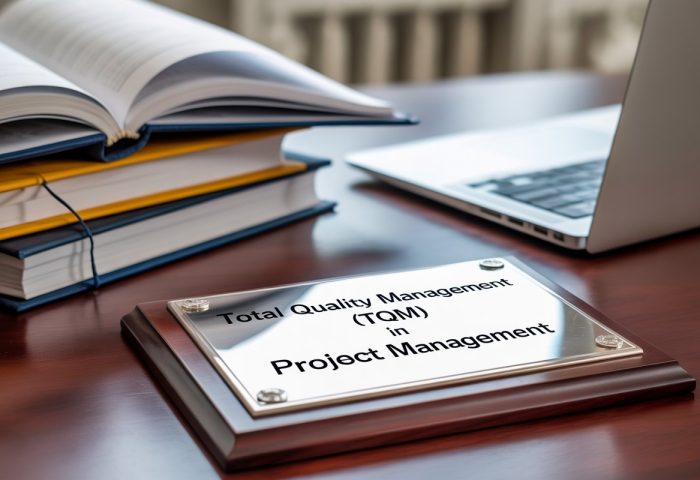In the competitive Indian business market, the organisations and the MNCs cannot afford to compromise on the quality they serve their customers. The customers always expect to be served with high-performance, error-free products and timely delivery of services. The businesses that fail to meet these expectations risk losing credibility. This is where Total Quality Management (TQM) plays an important role.
For the Indian businesses managing the large-scale projects in sectors like IT, manufacturing, construction and services, adopting the TQM in the project management makes sure there is consistent quality, reduces costs, and improves customer satisfaction. In this blog, we will be covering what TQM is, its principles, advantages, scope and the role in the modern project management systems like DoInsights.
What is TQM?
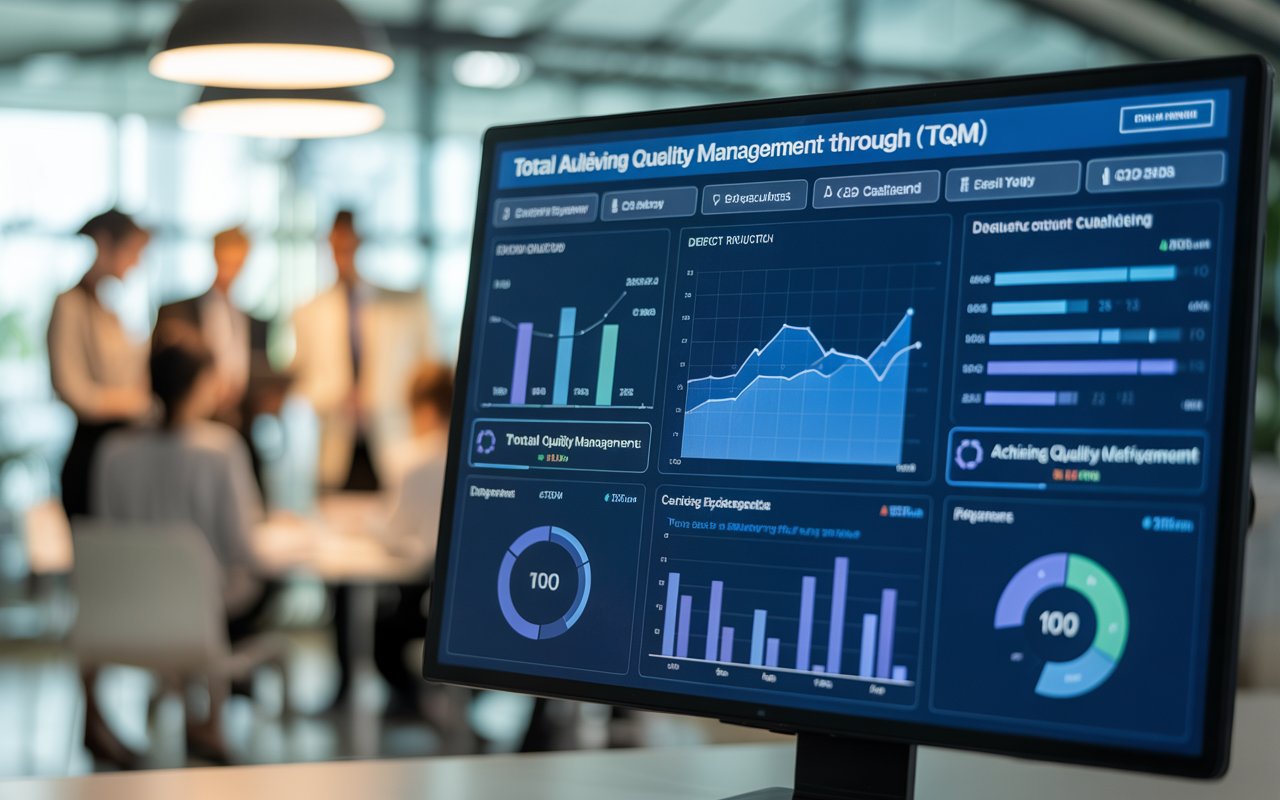
Before getting into more details about the applications of TQM, let us first answer the core question of: What is TQM?
- TQM Full Form: Total Quality Management
- TQM Definition: Total Quality Management (TQM) is an ongoing method of making sure of quality at every stage of a project or organisational process by involving employees, management, and stakeholders. It focuses on customer satisfaction, continuous improvement, and long-term success.
In other words, TQM’s meaning can be defined as an holistic approach to quality that goes beyond just checking the end product. It focuses on improving the processes, training the employees and also fostering a culture of excellence.
Importance of Total Quality Management in Project Management
The importance of total quality management in project management is significant because projects are often complex, involve multiple stakeholders and also require timely delivery of the services and products.
Reasons why TQM is needed in project management:
- Improves Efficiency: By adapting the TQM philosophy, project teams decrease the chances of errors and streamline the processes.
- Customer-Centric: TQM makes sure that the projects meet or exceed customer expectations.
- Cost Control: Avoiding mistakes is less expensive than having to fix them later.
- Employee Involvement: TQM promotes teamwork and accountability.
- Competitive Advantage: Companies using TQM achieve higher credibility in the Indian market.
Basic Concepts of TQM
To understand what TQM is in management, it is important to understand the basic concepts of total quality management.
- Customer Focus: The ultimate goal of any project is customer satisfaction.
- Continuous Improvement: All the processes should constantly evolve.
- Employee Involvement: Every employee, from top management to frontline staff, plays a role.
- Integrated System: All departments collaborate for quality.
- Fact-Based Decisions: Data, not assumptions, guide decisions.
- Communication: Transparency is key to success.
All of these basic concepts of TQM form the foundation for applying the quality practices in project management.
TQM Principles
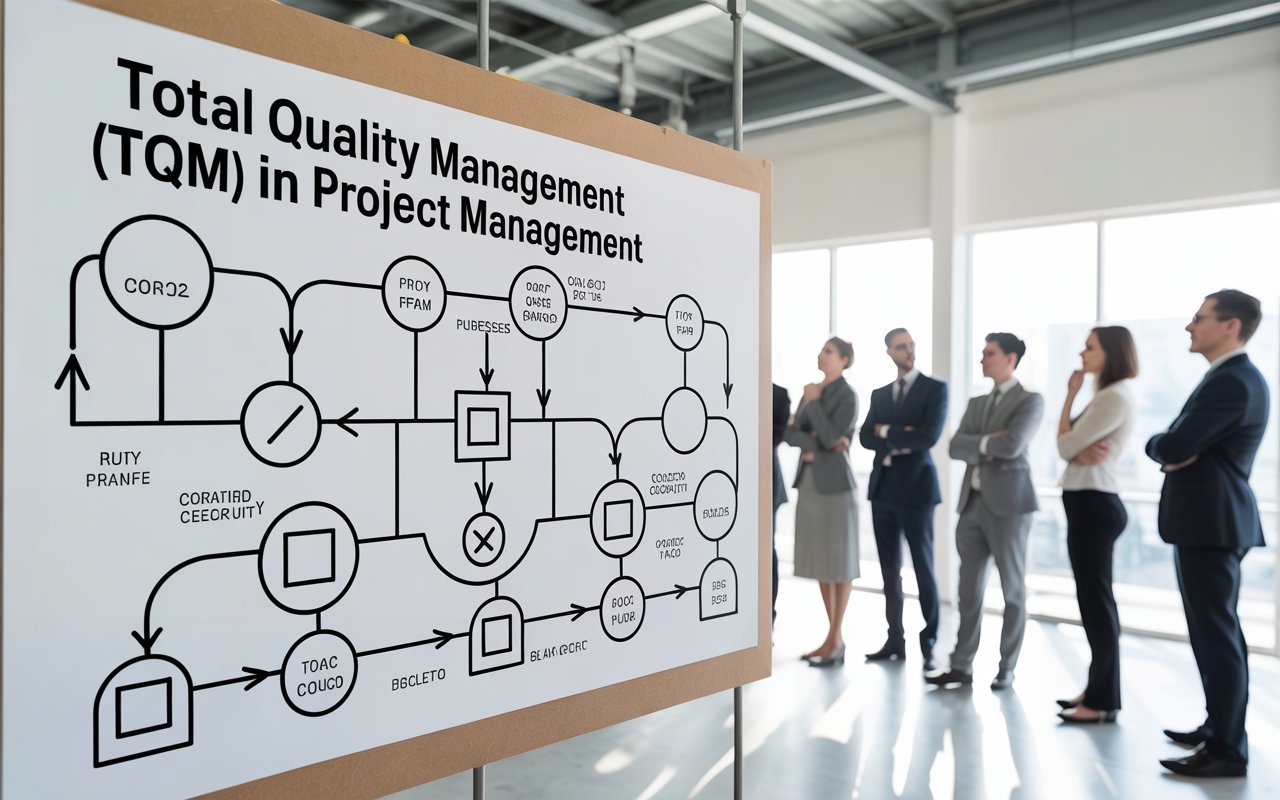
The total quality management principles are world-widely recognised guidelines that businesses can adopt. These are also known as the elements of total quality management:
- Customer-Centred Approach – The projects are designed around customer needs.
- Leadership Commitment – All the leaders must demonstrate commitment to quality.
- Employee Involvement – There should be active participation of employees at all levels.
- Process Approach – Focus on enhancing processes, not just results.
- Integrated System – Collaboration across all departments for shared goals.
- Continuous Improvement – encourage innovation and gradual improvements.
- Fact-Based Decision Making – Making use of metrics and data for accuracy.
- Communication – Strong communication for problem-solving and alignment.
These TQM principles make sure that the project management is structured, predictable and customer-focused.
Objectives of Total Quality Management
The objectives of total quality management in project management are:
- Deliver projects with zero defects.
- Improve customer satisfaction and retention.
- Build a culture of continuous learning and improvement.
- Reduce costs by minimising waste and inefficiencies.
- Improve employee engagement and morale.
- Achieve long-term sustainability in business performance.
Scope of Total Quality Management
The application of TQM is not limited to one industry. It is applicable across:
- TQM in Management: Improves the leadership effectiveness and organisational culture.
- TQM in HRM: Inspires training, employee empowerment, and performance evaluation.
- TQM in Manufacturing: Decreases the defects, ensures product reliability, and improves efficiency.
- TQM in Project Management: Makes sure that the projects are delivered on time, within budget, and with top quality.
This wide scope of the TQM makes it relevant for Indian businesses across the IT, manufacturing, construction and service industries.
TQM in Manufacturing and Project Management
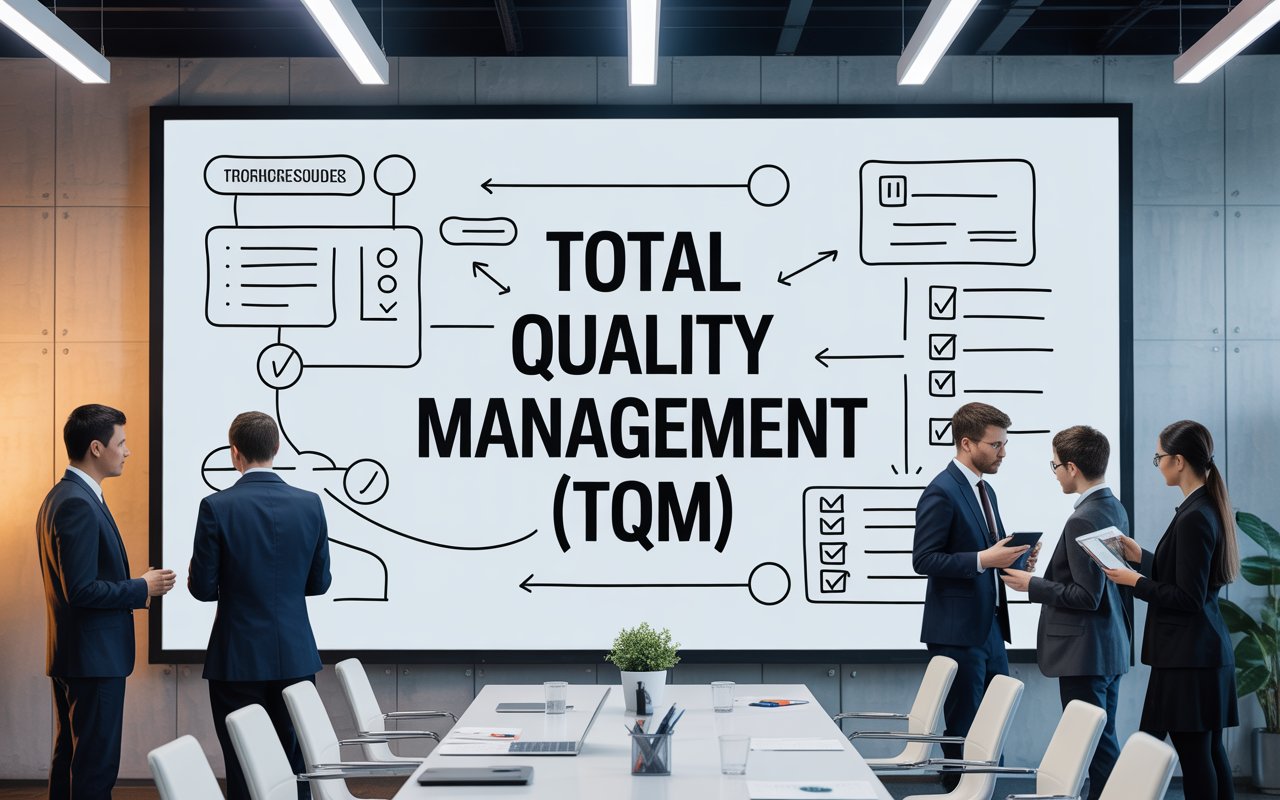
The total quality management in the manufacturing industry has been one of the most successful applications of TQM worldwide. In India, industries like automotive, textiles and electronics use the TQM in manufacturing to achieve the global standards.
Benefits include:
- Reduced rework and wastage
- Consistent product quality
- Compliance with ISO standards
- Higher productivity
When TQM is applied to project management, TQM makes sure the projects are free from delays, there are no cost overruns, and the quality issues are also checked. The modern PMS tools integrate with TQM practices into day-to-day project workflows.
Advantages of TQM
Many advantages of total quality management make it attractive for Indian businesses.
Advantages of TQM for Businesses
- Enhanced product and service quality
- Higher rates of customer loyalty
- Cost savings due to reduced waste
- Enhanced employee morale
- Stronger brand reputation
Benefits of TQM in Project Management
- Improved collaboration
- Timely project delivery
- Reduced risks
- Better decision-making through analytics
- Long-term business growth
Therefore, the benefits of TQM go way beyond just quality. They touch every aspect of the business performance.
TQM Philosophy in Action
The TQM philosophy is all about building a culture of excellence. Instead of viewing quality as one department’s responsibility, it makes it everyone’s job.
In project management, this means:
- The project managers focus on preventive measures, not corrective actions.
- The employees are asked for suggestions and improvements actively.
- Customers are included in feedback loops.
- Data-driven metrics guide project success.
In today’s business environment, there is a modern tool named DoInsights, which is a leading PMS in India. It embeds this TQM philosophy by offering tools for:
- Quality tracking
- Employee collaboration
- Real-time project monitoring
- Data-driven analysis
TQM in HRM: The Human Factor
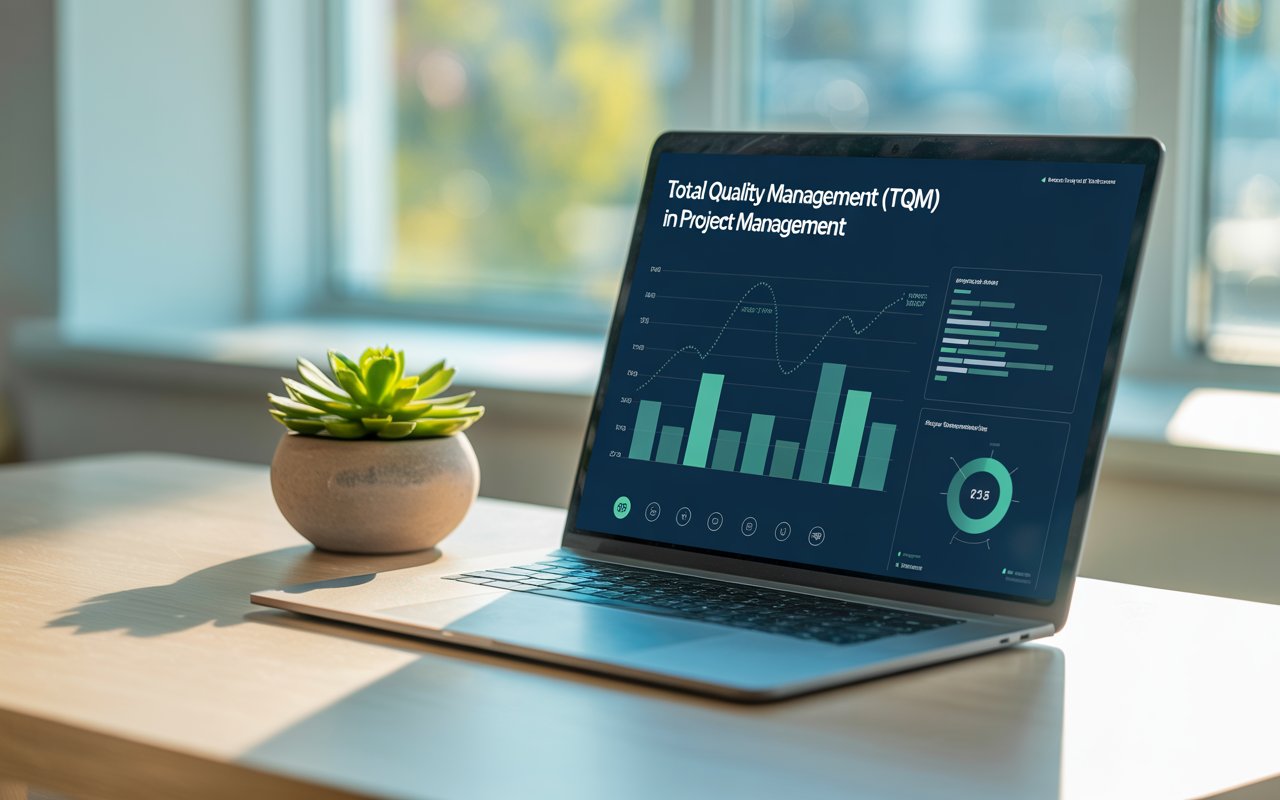
One of the overlooked areas of TQM is TQM in HRM. The employees are the backbone of TQM, and HR plays an important role in:
- Providing training for employees in quality practices
- Creating a performance-based culture
- Recognising and rewarding contributions
- Promoting continuous learning
When the HR amalgamates TQM, it also aligns employee goals with project and organisational objectives.
Challenges in Implementing TQM
While the TQM offers many other benefits, the businesses in India often face the challenges of:
- Reluctance to change among employees
- Lack of leadership commitment
- Poor communication across departments
- Inadequate training
- Limited use of project management tools
This is where the modern PMS tools make a difference by simplifying the TQM implementation.
DoInsights: Enabling TQM in Project Management
At DoInsights, we understand the issues and challenges faced by Indian businesses in handling their projects. Our Project management system blends the TQM practices to help the organisations:
- Plan the projects with precision
- Track progress in real time
- Foster collaboration among employees
- Ensure customer-centric outcomes
- Analyse data for continuous improvement
So whether your business is into manufacturing, IT or services, DoInsights provides an all-in-one project management software that helps in aligning with total quality management principles.
Conclusion
The TQM is more than just a methodology. It is a mindset and culture that helps in transforming how projects and organisations function. From the basic concepts of TQM to the principles, objectives and scope and also its importance in the modern project management cannot be overstated.
For the Indian businesses, adopting the TQM means higher efficiency, better customer satisfaction and long-term success. With platforms like DoInsights, the organisations can seamlessly amalgamate with the TQM in project management and also achieve excellence in every initiative.
DoInsights is one of the leading PMS tools in India, and it helps businesses in handling their projects efficiently and effectively. Once the businesses integrate with DoInsights, they do not have to worry about the teams working on the project because they will have access to the centralised dashboard that will help them see all the relevant information at their fingertips. To know more about DoInsights, book your free demo trial today or get a 14-day free trial session!
